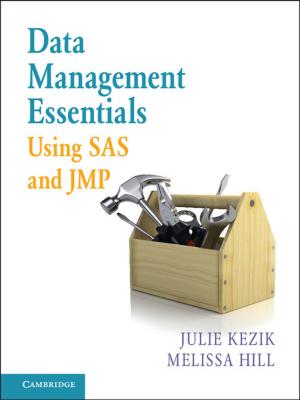From Empires to NGOs in the West African Sahel
The Road to Nongovernmentality
Nonfiction, History, Africa| Author: | Professor Gregory Mann | ISBN: | 9781316188767 |
| Publisher: | Cambridge University Press | Publication: | December 29, 2014 |
| Imprint: | Cambridge University Press | Language: | English |
| Author: | Professor Gregory Mann |
| ISBN: | 9781316188767 |
| Publisher: | Cambridge University Press |
| Publication: | December 29, 2014 |
| Imprint: | Cambridge University Press |
| Language: | English |
This book looks beyond the familiar history of former empires and new nation-states to consider newly transnational communities of solidarity and aid, social science and activism. Shortly after independence from France in 1960, the people living along the Sahel - a long, thin stretch of land bordering the Sahara - became the subjects of human rights campaigns and humanitarian interventions. Just when its states were strongest and most ambitious, the postcolonial West African Sahel became fertile terrain for the production of novel forms of governmental rationality realized through NGOs. The roots of this 'nongovernmentality' lay partly in Europe and North America, but it flowered, paradoxically, in the Sahel. This book is unique in that it questions not only how West African states exercised their new sovereignty but also how and why NGOs - ranging from CARE and Amnesty International to black internationalists - began to assume elements of sovereignty during a period in which it was so highly valued.
This book looks beyond the familiar history of former empires and new nation-states to consider newly transnational communities of solidarity and aid, social science and activism. Shortly after independence from France in 1960, the people living along the Sahel - a long, thin stretch of land bordering the Sahara - became the subjects of human rights campaigns and humanitarian interventions. Just when its states were strongest and most ambitious, the postcolonial West African Sahel became fertile terrain for the production of novel forms of governmental rationality realized through NGOs. The roots of this 'nongovernmentality' lay partly in Europe and North America, but it flowered, paradoxically, in the Sahel. This book is unique in that it questions not only how West African states exercised their new sovereignty but also how and why NGOs - ranging from CARE and Amnesty International to black internationalists - began to assume elements of sovereignty during a period in which it was so highly valued.















